video: Will the Battle for the Presidency Be Decided on Social Media
Tuesday, February 16, 2016
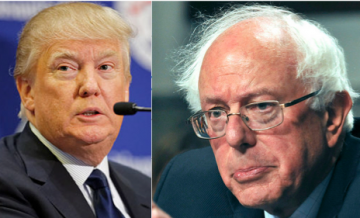
Donald Trump and Senator Bernie Sanders
The race for President is unusual as it not being defined by television ads or policy papers. This year’s race is about earned media and social media.
One leading national expert provided GoLocal with some strong insights into the power of social media and its importance as potentially the defining tool for messaging in 2016.
Indiana University Sociology Professor and social media expert Fabio Rojas, who wrote, "How Twitter Can Predict an Election" for the Washington Post, and was featured on C-SPAN for how social media can predict elections -- see video below.
Rojas talked to GoLocal's Kate Nagle about the power of social media and its power this election cycle.
Here is his breakdown of the race and the impact of social media:
Well, the interesting thing this year, you see a wide range of strategies and they're all playing out on social media. Some are doing traditional politics -- Hillary Clinton for example, she's trying to get her allies lined up, and the politicians to come out, and Bernie's going for younger demographic, and Trump's bypassing the process altogether and using his presence as a media celebrity to circumvent the process.
So you're seeing different candidates taking different approaches. One thing we do know is that different campaigns are using social media differently. For example, Trump seems not to be using it much except on Twitter -- as a hammer. It's interesting -- and couple of people have noted this -- he's not using it target people, he's using it to smother candidates. Candidates survive on exposure early in the cycle. The more exposure you get the more donations you get. Trump's just using his celebrity for what it is. If you think about it, if you're a Bobby Jindal, or a Rick Santorum -- you needed to break through to the media to get your message out, because you don't have the money. Trump, every time he gets into an argument, he's just able to smother those folks.
Candidates are creatures of habit, and they're not going be someone different on social media. We shouldn't be surprised that Hillary's running an essentially "coronation" campaign. And Trump's a creature of the NY media market -- and he's using controversy and outrage . Sanders is showing his base is showing up, but Hillary's NH loss might not have not been catastrophic enough to knock her off the horse. She can survive a couple of losses.
Senator Ted Cruz (R-TX)
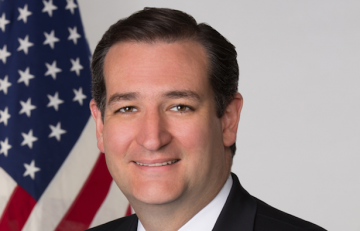
I think Obama still remains an exception -- he maximized the potential of social media. One thing the Obama campaign did is they used it to partner people -- they said for instance if you donate $5 to this guy in this state, we'll donate $5, that type of thing. So people were communicating with a community of people online. I think every major campaign has their social medial analysis -- but I'm not sure how that's being used. Trump's said they don't care about pollsters and consultants, where one of Hillary's methods is just to hire a lot of people. She's notorious for buying love....there might be some top social media analytics happening on her campaign, but whether that's working is unclear.
Now, Ted Cruz has said he's using data to micro-target voters. The Ted Cruz strategy is to maximize the base carefully through micro-targeting in narrow groups of people. He's not trying to get everyone, he's just trying to get the smallest amount possible to win -- and to get them to turn out. It's just part of his arsenal. He was able to win in Iowa in part because he got 100 pastors in churches to endorse him. In Iowa, that got people across the state talking. If each pastor only gets 50 votes, that's the margin of victory of there. It's probably playing some role in targeting people there. For the most part, I haven't seen candidates saying how they're using social media, even though the Obama campaign did. The Obama people got split up, so it's not clear to me how it's being used by Hillary or Sanders.
Prof. Fabio Rojas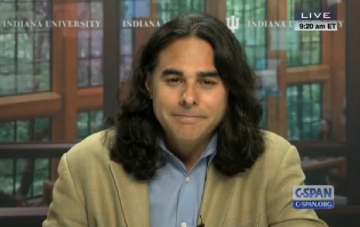
Just going through your feeds, you can see promotions for each candidate--but that's not the same as what Obama did. It's almost traditional advertising now for candidates, it's the way people get their "commercials". Again, Trump's using it pretty much just as a smothering device...which is unique. Most are using it for advertising, and some like Cruz are really micro targeting.
As the race progresses, media will change -- in a mayoral race, if you influence 500 to 1000 votes, that wins the day. For 100 million voters you need a titanic impact to make a change, but at the state level that's still different. Take Nevada. There, that could be a case that social media could be effective -- it's a small state, with groups of activists, so if you're able to tap into it there -- that could have an impact. But take Super Tuesday, with Texas -- that's practically a whole separate country.. The likelihood of social media impacting Super Tuesday is much more negligible.
Most social media doesn't really give you that much bang for the buck, with the one exception being that people are more likely to click through on Facebook advertising. I think what's happening is on Facebook, you have lot of information on people. You can work on find out how to target people. Most of the people on your feed are your friends, coworkers, people have a strong connection.
Twitter is a medium where everyone goes to the window and yells - and you can choose which window you want to watch. I work a lot with Twitter data. It doesn't give you a lot to work with compared to Facebook. You don't even need a real name on Twitter. You know almost nothing about the person -- only 1% of tweets are geo-tagged.
Twitter has to have to have a conversation with themselves about what they want to be. The thing about Twitter, it was started by a bunch of activists -- remember old flip phones? Twitter was to send messages that would show up on flip phones. They wanted an application to send out texts to all your friends. In terms of logic, that's worked marvelously.
So now, do they want to stay true to that goal or respond to Wall Street and investors? It's successful in bringing in money, but it's plateaued. People don't need that service like a Facebook service -- and Twitter is fairly bloated compared to other companies. Snapchat has 50-60 engineers, Twitter has something like 2000. If you really want to raise money from Wall Street, then you have to justify this in some way. That's not necessarily a bad thing. Steve Jobs told us it's OK to throw away everything you've done. If they want to break out of the niche, they've got to change the product. It's reached the saturation point. They haven't failed, the product works, but it's a question of who do they want to be.
Related Slideshow: Presidential Candidate’s Social Media - 2016
Related Articles
- Trump & Sanders Win Big in New Hampshire
- Sarah Palin Endorses Trump for GOP Nomination
- Trump Has Early Lead in Oregon—But Will It Last?
- Weekly Roundup: Ted Cruz & Donald Trump Still Dominate Iowa & New Hampshire Polls
- What do Bernie Sanders and Donald Trump Have in Common?
- Jencunas: Trump - What the Clown Show Means for the Election
- Donald Trump, Ben Carson Lead GOP Polls
- Donald Trump and Immigration in the United States
- Don Roach: Donald Trump Thinks Syrian Refugees Plan to Coup America
- Donald Trump Announces Allegiance to Republican Party
- Donald Trump Announces Run For U.S. President in 2016
- Donald Trump Calls for Block on All Muslims Entering the U.S.
- 10 Ways Bernie Sanders and Donald Trump Are Actually Similar
- Ted Cruz, Bernie Sanders, Surge in Fundraising Ahead of Iowa Caucus
- SLIDESHOW: Bernie Sanders Rally Sets Record at Moda Center
- Sanders Extends Lead in New Hampshire Polls
- Sanders Disavows Black Lives Matter Apology
- What Bernie Sanders’ Election Would Mean for Legalized Drugs
- Who’s Hot and Who’s Not in Oregon Politics: Bernie Sanders, Charlie Hales, The Portland Spirit
- Who’s Hot and Who’s Not in Oregon Politics: Bernie Sanders, Brent Barton, Patrick Sheehan
- Sanders Campaign Suspended from DNC Database After Accessing Confidential Data
- Oregon Could Be Major Obstacle in Bernie Sanders’ Presidential Campaign
- Bernie Sanders Rally Sets Record at Moda Center
- Clinton Outraises Sanders 12 to 1 in Oregon
- Bernie Sanders Rally Moves to Moda Center
- Bernie Sanders in Portland: What to Expect
- ANALYSIS: Is Bernie Sanders the Perfect Oregon Presidential Candidate
- Bernie Sanders Supporters Launch Oregon Effort
- Bernie Sanders to Appear at Portland Rally
- NEW: Clinton Outraises Sanders in Oregon By Nearly $40,000
- Could Joe Biden Spell Trouble for Bernie Sanders in Oregon?

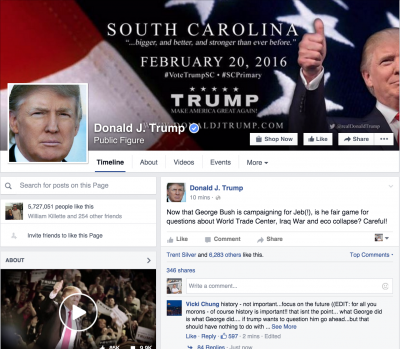
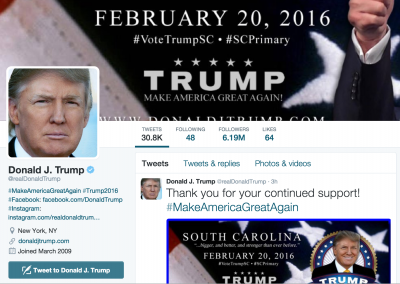
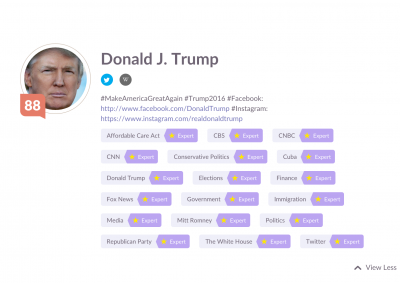
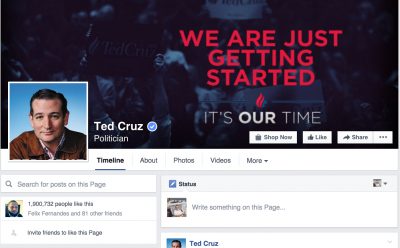
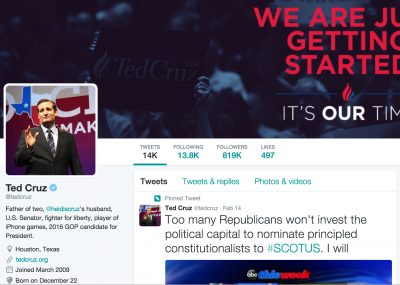
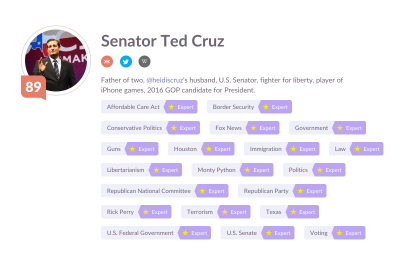
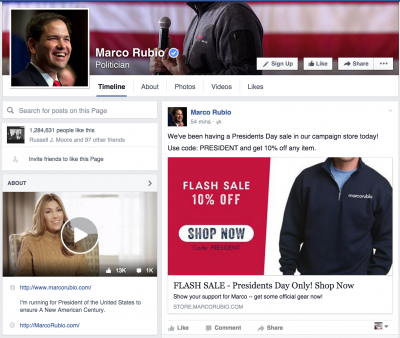
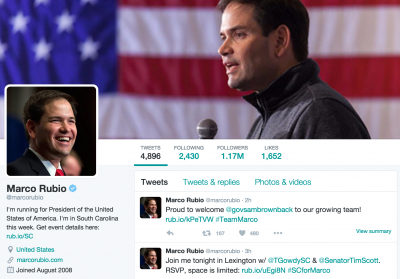
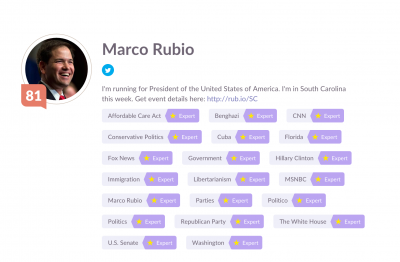
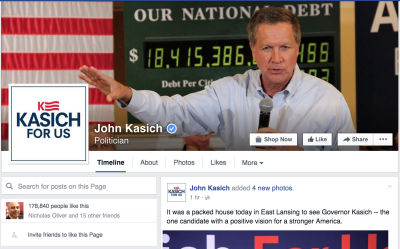
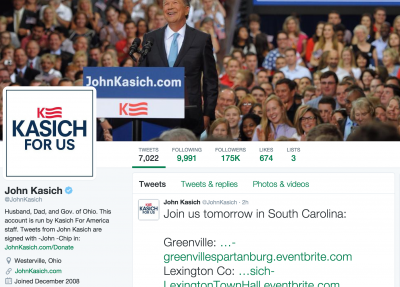
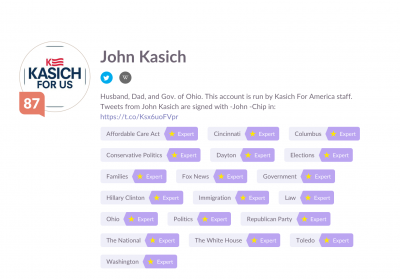
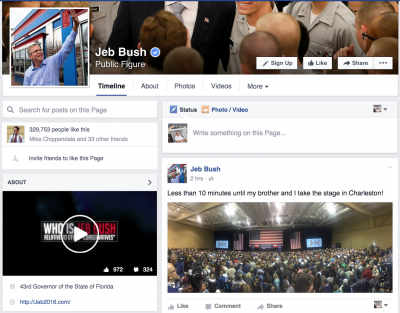
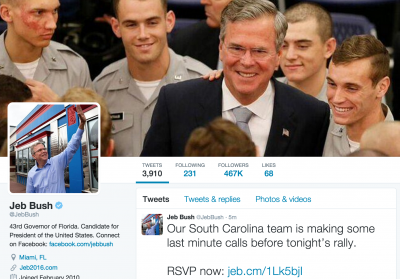

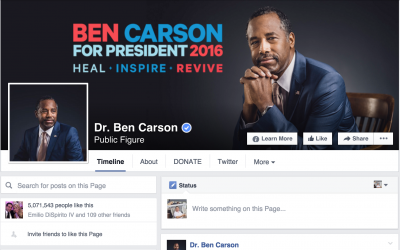
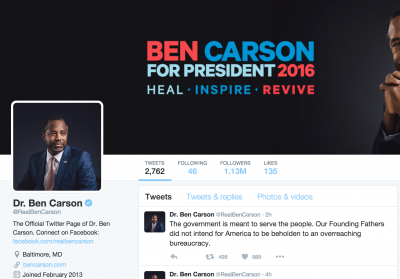
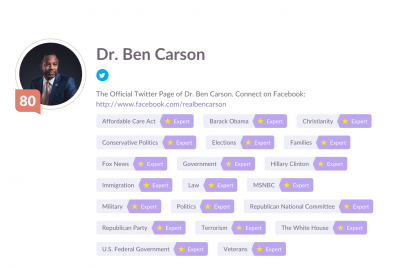
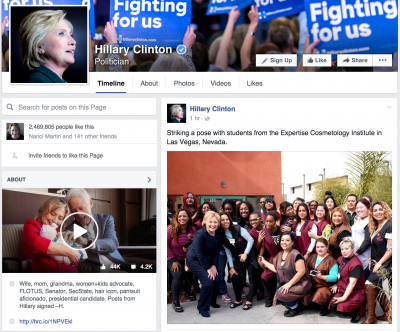

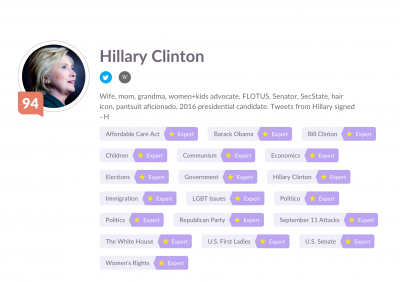

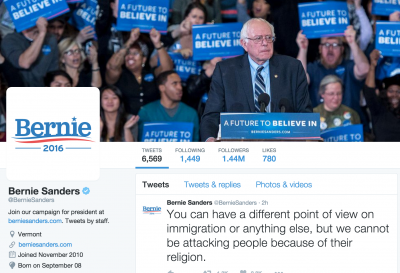
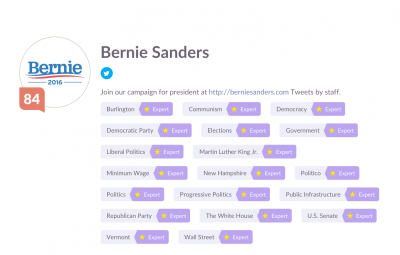



























 Delivered Free Every
Delivered Free Every
Follow us on Pinterest Google + Facebook Twitter See It Read It